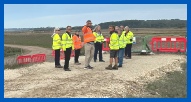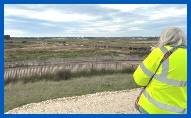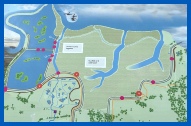



so, to see the latest details, it is important to refresh your browser when viewing this page
Entrance Charge £2.00 (cash only please)



19th November 2025 -
Purbeck Heathland, an archaeological perspective
Purbeck and surrounding areas of east Dorset have (or had) large areas of lowland heathland, but nationally and internationally it is a very rare habitat. In this talk Ben Buxton, archaeologist and former heathland ranger, will show how heathland has evolved as a result of human intervention over the last 4,000 years. Heathland can preserve evidence of thousands of years of human activity, because it has not suffered the destructive effects of ploughing.
Formerly regarded as wasteland, heathland is now protected by various nature conservation designations. Ben will outline the ecology, wildlife (including many rare and protected species), and management of heathland.
Ben Buxton is a graduate in archaeology and has worked as a field archaeologist, a tutor in archaeology in adult education, and has worked in museums and other cultural heritage fields. He is a former honorary curator of Wareham Museum. He gave a talk “British prehistory, the scientific evidence” to the S&T group in 2009. He has also worked as a heathland ranger and thus sees heathland from both natural heritage and cultural heritage viewpoints.
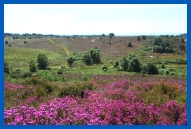
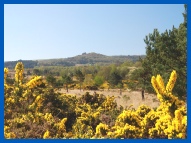
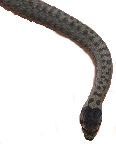
10th December 2025 -
The Unbelievable Truth -
Wildlife stories that have to be seen to be believed!
Sometimes you have to see something to believe it. Over many years photographing and filming wildlife Stephen has been fortunate enough to observe and capture wildlife antics that he would not have believed possible had he not seen the story unfold in front of his own eyes. A rabbit that buried her offspring under his vegetable patch, a robin that bathed before turning in for the night and a population of elephants that travel deep underground to mine salt are a few of the characters that will surely amaze you as they did Stephen.
Formerly a vet, Stephen Powles changed career to pursue a lifelong passion for wildlife, wildlife photography, filming and conservation. His photography concentrates on interesting and challenging wildlife subjects, many of which are in and close to his home.
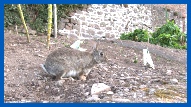
21st January 2026 -
The Moors at Arne Project
The project team at Arne Moors is working to adapt low-
Over time, the movement of the tides will help create features such as saltmarsh and mudflats, ensuring the vast array of wildlife the coastline is home to will remain protected for decades to come.
There has been an extensive amount of archaeological excavation carried out with finds dating from the Iron Age and Roman Britain discovered and the team is working closely with archaeological experts to share the history of the site with the local community.
The site is home to many rare species of plants and animals including water voles, sand lizards and a wide variety of birds, botany and invertebrates, with work creating enhanced habitats for plants and animals already on site while adding new habitats for a wider range of species.
When the project is complete new walking paths will allow visitors to explore the
site and see the difference the new habitats have made -
